7 Empowering Ways to View ‘Aches and Pains’ from a Godly Perspective
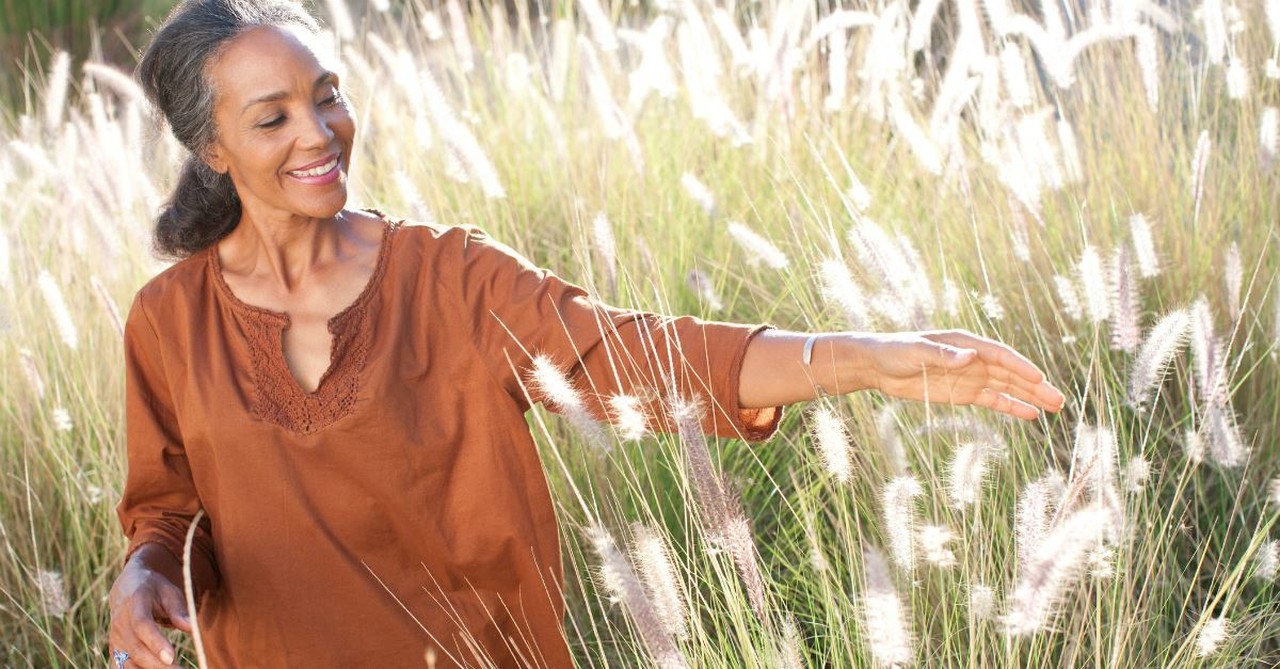
A few years ago, I was extremely athletic. Fitness gave me energy and confidence, helped me maintain a healthy weight, and enabled me to work in the Lord’s service. Over the years, however; running and other activities took a toll on my joints, leading to osteoarthritis and bulging discs at a relatively early age.
These days, I hurt more often; and more intensely when I participate in fast-moving, high-impact sports. My body won’t cooperate with my expectations. If you, too, are taking up the battle of living through aches and pains as you pursue fitness as a senior, here are seven ways to see it from a Godly perspective:
Photo Credit: ©GettyImages/Tom Merton
1. Adjust to God’s plans.
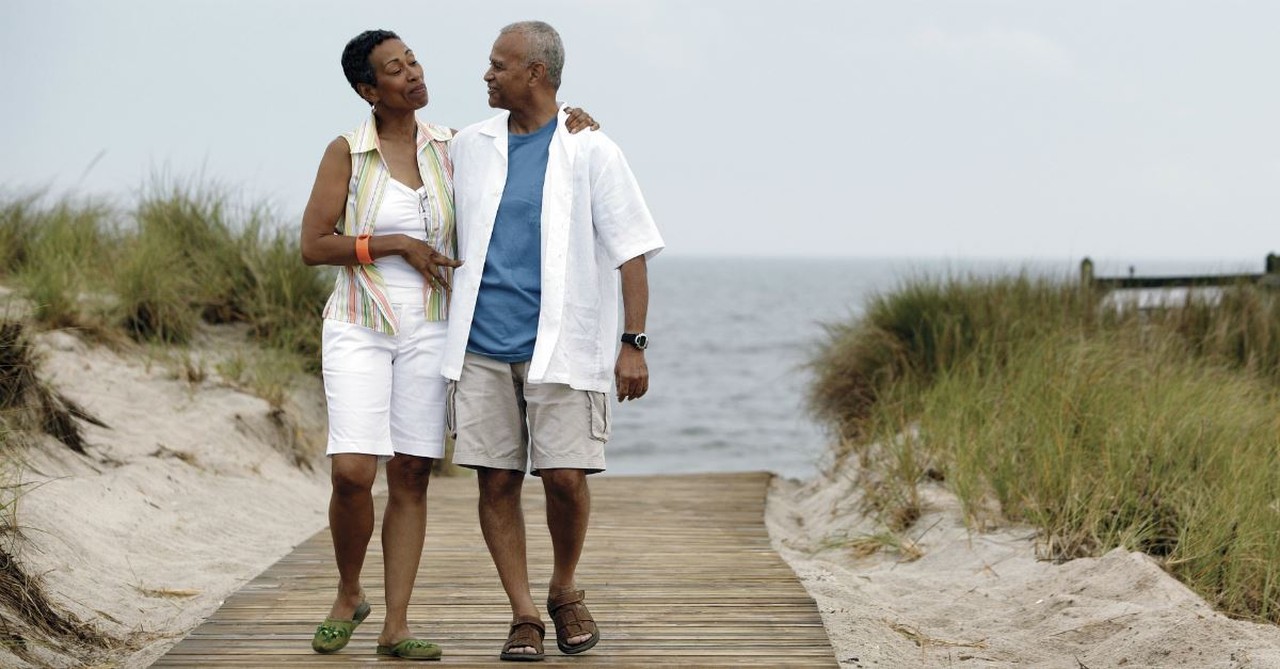
1. Adjust to God’s plans.
SLIDE 1 OF 7
My former fitness expectations were mine, not God’s. I know because He nixed them. I organized my life according to how long it would take me to train for a half-marathon or earn a black belt in karate, believing I was in control. Today, instead of practicing jump-front-turn kicks, I lay on my back and count off alternating lumbar twists. Instead of a grueling run, I enjoy a brisk walk.
God will use us in the ways which suit His purposes, which brings me immeasurable peace. He sweetens that peace with the promise of “plans to prosper you and not to harm you, plans to give you hope and a future.” (Jeremiah 29:11).
If we are breathing, something about our lives will testify to the grace, power, mercy, and love of Jesus because He will be glorified through us, perhaps in spite of us.
Photo Credit: ©GettyImages/Comstock-Images
2. Realize that natural changes are not an excuse to only rest.
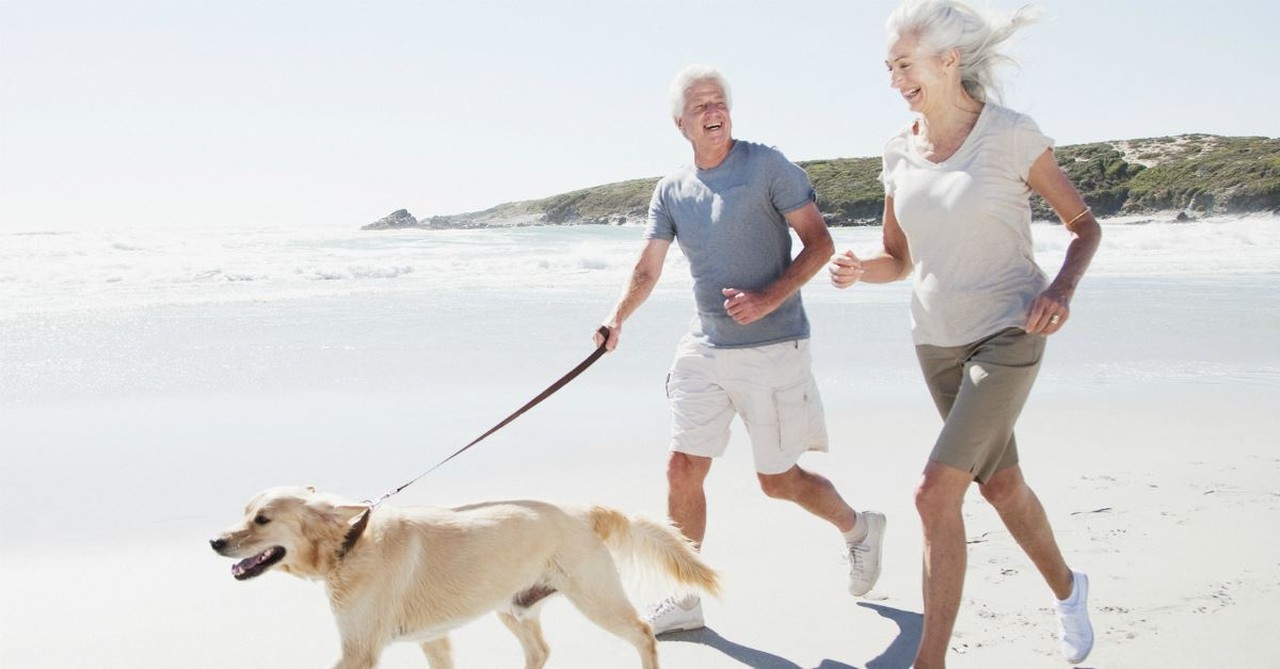
2. Realize that natural changes are not an excuse to only rest.
SLIDE 2 OF 7
Scripture says “those who hope in the Lord will renew their strength. They will soar on wings like eagles; they will run and not grow weary, they will walk and not be faint.” (Jeremiah 40:31)
“Even to your old age and gray hairs I am […] He who will sustain you. I have made you and I will carry you; I will sustain you and I will rescue you.” (Isaiah 46:4)
In other words, if the Lord wants you to do something, He will ensure you are capable, even if He has to carry you fireman-style over His shoulder. Sadly, He will not endow us with new and improved bodies until we enter eternity.
Kingdom work has become painful and difficult with this slower body. Some days, I want to pass my baton to the younger generation. Then I read what Jill Briscoe has to say: “How could I lay down that crossbeam? How to think that no one saw? Who did I expect to lift it, Carry it to heaven's door?”
These lines from her poem entitled “All the Way Home” tell us there is no such thing as retiring on equity. Since we cannot boast in anything but the grace of Christ, we possess zero credit, yet every worthwhile treasure. If anyone has the right to say she has done the Lord’s work faithfully and earned a rest, it’s Briscoe. That’s not what she tells us here: she promises to labor as God’s servant, carrying her cross “all the way home” – right to heaven’s door.
Photo Credit: ©GettyImages/Robert Daly
3. Embrace that you may be broken but you are useful.

3. Embrace that you may be broken but you are useful.
SLIDE 3 OF 7
How are we useful if our bodies can’t run anymore, and won’t soar until the next life? Consider offering yourself to the Lord’s service in new ways. Sacrifice your time and wisdom. Senior Christians can disciple young or new believers and guide up-and-coming church leaders.
One commentator wrote the following about the Apostle Paul mentoring Timothy: “every leader needs mentors and models – typically other leaders just ahead of where we are in our growth and our journey. And every leader also needs to be mentoring and modeling those just behind us.”
Some of the most influential people in my journey to faith have been seniors with artificial joints. They experience “aches and pains” beyond anything I can relate to.When these faith warriors talked about a trustworthy God, I listen.
One lady, who is like a mother to me, has had knee replacement surgery, heart problems, and simply feels tired as she carves a path into her 80s. She has no intention of laying down the “sword of the Spirit” or kicking off the shoes of gospel peace (Ephesians 6:15, Ephesians 6:17), although her body has other ideas, which sometimes frustrates her.
In the meantime, she gladly guides and comforts me with godly wisdom, correcting me gently and assuring me I am not the first person to become frustrated with God.
Meanwhile, newer Christians are entering my life. My privilege is to disciple them as I have been discipled. I might not compete in a long-distance running race, but I won’t miss my chance to serve Almighty God and run the course He has laid out for my life. “Let us run with perseverance the race marked out for us, fixing our eyes on Jesus, the pioneer and perfecter of faith." (Hebrews 12:1-2)
Photo Credit: ©GettyImages/Hybrid-Images
4. Suffer well.

4. Suffer well.
SLIDE 4 OF 7
Romans 5:3-4 tells us “we also glory in our sufferings, because we know that suffering produces perseverance; perseverance, character; and character, hope.” Suffering could be death, bankruptcy, injury, illness, or opening a bottle of arthritis medication.
When our bodies start to break down, we can grumble, but aren’t we Christians? Don’t we tell people God is good? All of us face limitations. Tell God how you feel, pray about it, and fix your eyes on Him. Resist the temptation to compare your suffering to someone else’s and if someone wants to hurt more than you, let them win that competition.
Pray for the grumbler who hasn’t found relief in her Savior yet. Admit to God how competitive you feel about your aches and pains; let Him forgive and strengthen you.
Photo Credit: ©Pexels/Rawpixel
5. Call out pride.
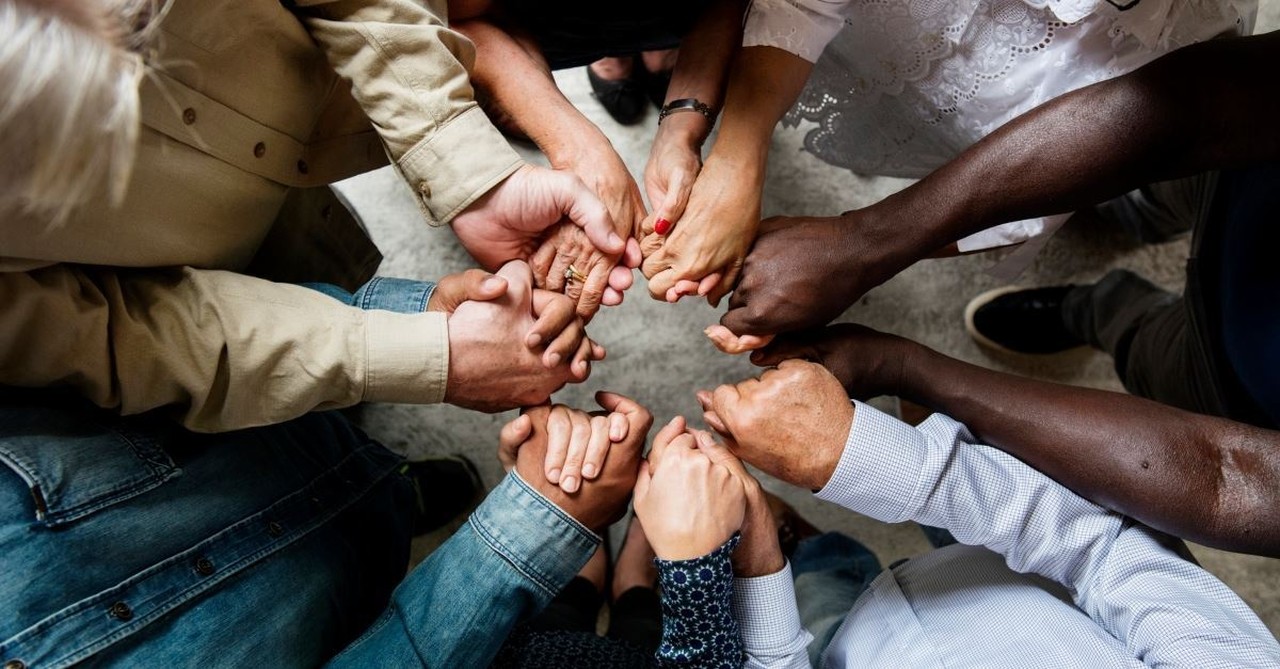
5. Call out pride.
SLIDE 5 OF 7
We are called to “glory in our sufferings,” which might mean stamping on our pride. God calls out our idols by threatening what we cling to most. In my case, this was my fit, slender, strong body which is slowly widening and cracks audibly. Choose a good friend, someone who will hear you say ‘that hurts,’ but who will also prevent you from focusing on what hurts instead of the One who heals: Jesus.
We must be authentic, too. If we manipulate others by saying “I’m alright, considering…” in the hope that someone will “drag” the truth out of us, we’re laying bait, setting ourselves and others up. Our struggles consume us and every interaction revolves around self. We risk disappointment and others risk not appearing to be sympathetic enough, resulting in passive-aggressive interactions.
On the other hand, superwomen and supermen set unrealistic standards. An alluring aspect of our faith is how God strengthens us in our weakness by drawing our gaze to Himself. Strive to model that.
Constantly covering up pain is prideful, especially if that “brave face” has less to do with choosing not to trouble others and more to do with appearing self-sufficient. We are not self-sufficient.
Humbly ask for help. Encourage people who want to feel useful. God can use your vulnerability to testify to His greatness. Your role is to consider other people’s need for salvation more than that bone spur obnoxiously pressing on your sciatic nerve.
Photo Credit: ©GettyImages/Rawpixel
6. Don’t join the fools.

6. Don’t join the fools.
SLIDE 6 OF 7
The hardest part for me about dealing with aches and pains is saying “I can’t.” While my limitations make more work for others, my daughters gain the opportunity to serve their mother and to develop empathy by taking out the garbage and carrying groceries. My pride once deprived them, made the problem worse, and left my husband shaking his head at my stubborn behavior.
An older manager at work recently asked for help lifting 50lb boxes and I said “no.” Doing foolish things for others who are behaving foolishly doesn’t cancel out their foolishness or exalt us: we wind up in awkward-looking agony together.
Show others that saying “no” and asking for help without feeling ashamed is sensible. Maybe they will follow your example.
Photo Credit: ©GettyImages/Milkos
7. Reap the reward.
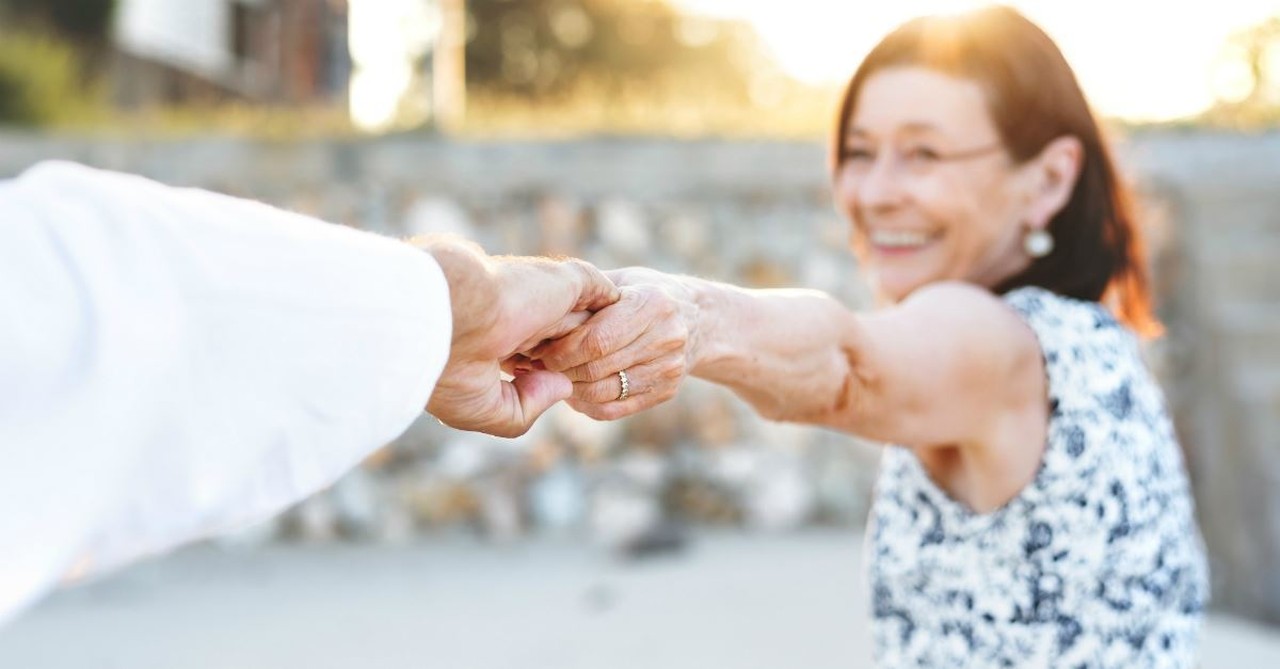
7. Reap the reward.
SLIDE 7 OF 7
There is an upside to crying “help” – we invite God to do work in us. I was upset about a teacher's critique once, and he told me that he only offered constructive criticism if a student was worthwhile.
The Father is sanctifying you day-by-day because you’re worth it; He cares about your spiritual fitness more than your physical aptitude. “Physical training is of some value, but godliness has value for all things, holding promise for both the present life and the life to come.” (1 Timothy 4:8)
In community, in prayer, and in the Word, we cultivate faith in the reward of a restored body which can run marathons alongside Jesus without growing tired or feeling sore. Aches and pains will be forgotten.
Candice Lucey is a writer and counsellor living in beautiful BC, Canada with her family. She also writes a blog called Wordwell.ca, exploring scripture one word at a time.
Photo Credit: ©Pexels/Rawpixel
Originally published September 23, 2019.






